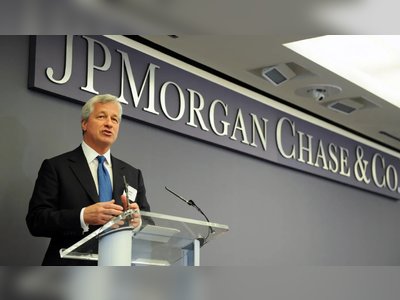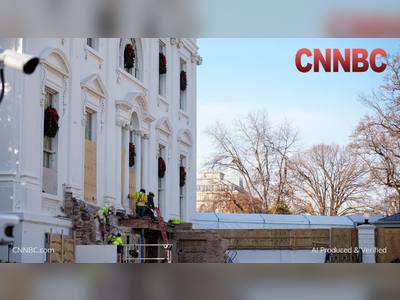French Business Leaders Decry Budget as Macron’s Pro-Enterprise Promise Undermined
French corporate leaders are voicing sharp dismay over Prime Minister Sébastien Lecornu’s newly unveiled budget, charging that it abandons President Emmanuel Macron’s long-promoted pro-business agenda. The plan introduces significant tax increases on high earners and large firms, a move that many see as reversing years of market-friendly reforms.
Lecornu’s proposal includes €6.5 billion in new revenue measures and revives a levy on about 450 companies with annual revenues over €1 billion, expected to yield roughly €4 billion in additional taxes. Critics say these steps are a departure from Macron’s signature corporate tax cuts and labour liberalisation policies implemented since 2017.
Business executives, especially in the industrial and luxury sectors, warn that the added burden risks discouraging investment, stunting job creation, and undermining France’s competitiveness in Europe. With the budget to be debated in parliament and open to amendment by Socialist lawmakers, they fear further tax encroachments.
The tension comes amid France’s ongoing political volatility—since mid-2024 the country has cycled through multiple minority governments after a fractured legislative election left no party with a clear majority. Lecornu’s reappointment and his compromise on pension reform helped stave off a no-confidence vote, but doubts now swirl over the coherence of his fiscal direction.
Although the new budget aims to temper deficit pressures while preserving some business incentives—such as cuts in local business levies and a scaled back surtax on large profits—many in the private sector view it as a symbolic retreat. Uncertainty now looms over whether the government can reassure markets and sustain momentum for reform while navigating political fragility.












